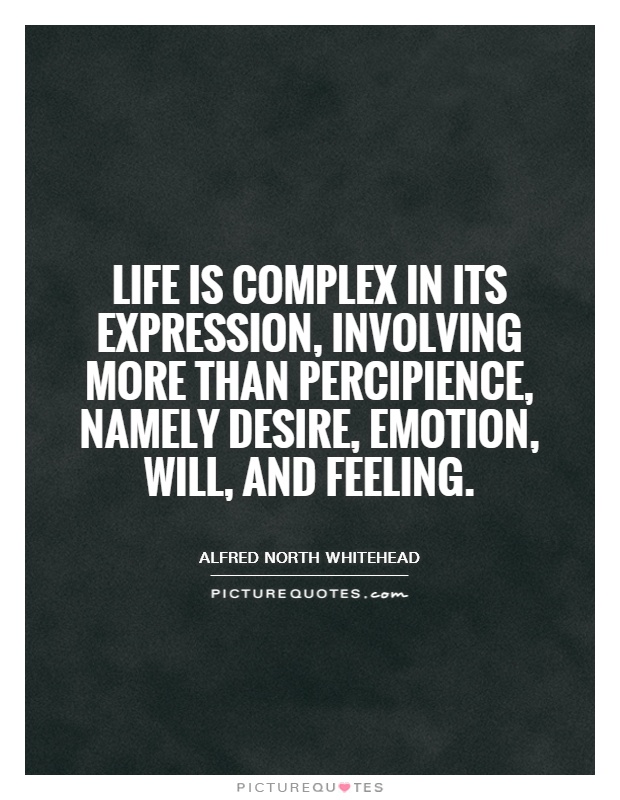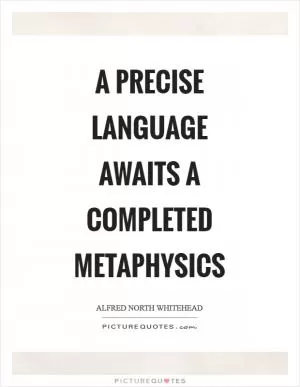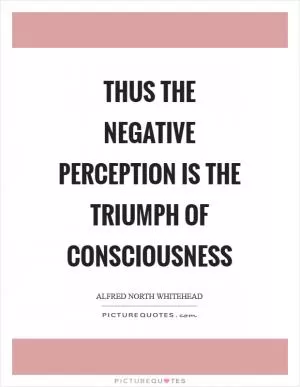Life is complex in its expression, involving more than percipience, namely desire, emotion, will, and feeling

Life is complex in its expression, involving more than percipience, namely desire, emotion, will, and feeling
Alfred North Whitehead, a prominent mathematician and philosopher, believed that life is complex in its expression, involving more than just perception. He argued that in order to truly understand life, one must also consider desire, emotion, will, and feeling. Whitehead's philosophy, known as process philosophy, emphasizes the interconnectedness of all things and the importance of understanding the dynamic nature of reality.Whitehead believed that perception alone is not enough to fully grasp the complexity of life. While perception allows us to observe and interpret the world around us, it is our desires, emotions, will, and feelings that drive our actions and shape our experiences. These aspects of human experience are essential to understanding the richness and depth of life.
Desire plays a crucial role in shaping our experiences and motivating our actions. Our desires drive us to seek out certain experiences and avoid others, influencing the choices we make and the paths we take in life. Emotions, on the other hand, color our experiences and give them meaning. They can range from joy and love to sadness and anger, shaping how we perceive and interact with the world around us.
Will is another important aspect of human experience, as it reflects our ability to make choices and take action. Our willpower allows us to overcome obstacles, pursue our goals, and shape our own destinies. Finally, feelings provide us with a deeper understanding of ourselves and others, allowing us to connect on a more profound level and empathize with the experiences of others.












 Friendship Quotes
Friendship Quotes Love Quotes
Love Quotes Life Quotes
Life Quotes Funny Quotes
Funny Quotes Motivational Quotes
Motivational Quotes Inspirational Quotes
Inspirational Quotes